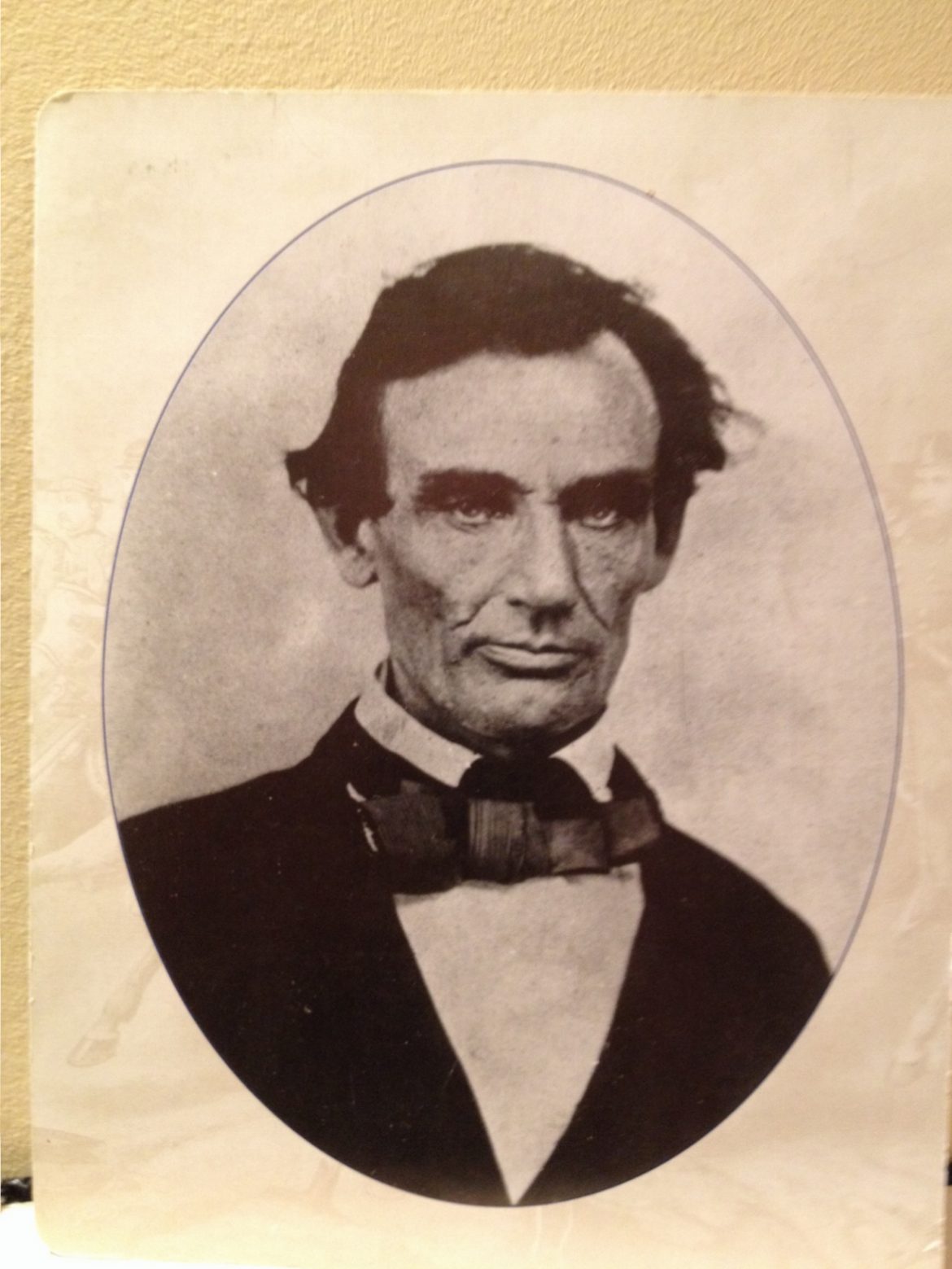
The Power of Definitions

The Power of Definitions
By: claycormany in Life in General
History provides us with numerous tragedies that are as bewildering as they are horrifying. How could a nation, committed to freedom and the belief that “all men are created equal,” tolerate a system of labor that enslaved millions of black people for 2 1/2 centuries? How could a powerful civilized European nation condemn 6 million innocent Jews to gruesome deaths? More recent events offer similar examples of atrocities that are both heart-breaking and mind-boggling: ethnic cleansing in the Bosnian War, the killing fields of Cambodia, the Rwandan genocide, and 9/11 in New York City.
Civilized people read or perhaps witness these tragedies and wonder how they could ever happen. They seem so irrational and inexplicable, almost surrealistic. Basic human decency is discarded in favor of some warped political dogma; people who are doing no harm (and often much good) suddenly become pariahs to their neighbors. Why does it happen?
The reasons are obviously complex, and I don’t pretend to know what they are. But I do believe I know what the first step is. It’s a definition. Define a black person as something less than human, and the door is opened for slavery and, later, Jim Crow. Define Jews as corrupt and treacherous and the door is opened for concentration camps and gas chambers. Define non-Muslims as God-defying infidels (as some, not all, Muslims do) and the stage is set for 9/11. Between the definition and the atrocity, many other steps occur, but the definition is the starting point. It’s what makes the impossible, possible; the unthinkable, thinkable.
Definitions are powerful because they shape the way we interact with the world around us. They determine our priorities as well as what we do and don’t do; what we cherish, what we tolerate, and what we revile. Take dogs, for example, in the United States, they are regarded as pets. They are valued companions. Indeed, some people even see them as family members. In China and other Asian countries, dogs are defined much differently. More people are apt to see them as food (much as we regard chickens and cattle) than as pets.
Definitions have obvious political consequences. In the years just prior to and during the Civil War, the word “liberty” meant something quite different to Southerners than it did to Northerners. In 1864, President Lincoln clarified this difference in no uncertain terms: “We all declare for liberty, but in using the same word we do not mean the same thing. With some, the word liberty may mean for each man to do as he pleases with himself and the product of his labor; while with others the same word may mean for some men to do as they please with other men and the product of other men’s labor. Here are two … incompatible things, called by the same name, liberty.”
Definitions also play a key role in contemporary political issues. If you define a fetus growing in a womb as an extension of a woman’s body your position on abortion is likely to be much different than if you define the fetus as a separate being with a separate identity. If you define people who came to the United States without notifying our government as “undocumented immigrants” or “dreamers,” you’ll probably encounter opposition from someone who labels them as “illegal immigrants.”
We should all be aware of the definitions we are using and the ones others are using to define us. Most definitions don’t lead to atrocities or other tragedies, but they can affect our lives for good or for ill, sometimes without us even knowing.
Tags: atrocities, definition, liberty, Lincoln, political issues
